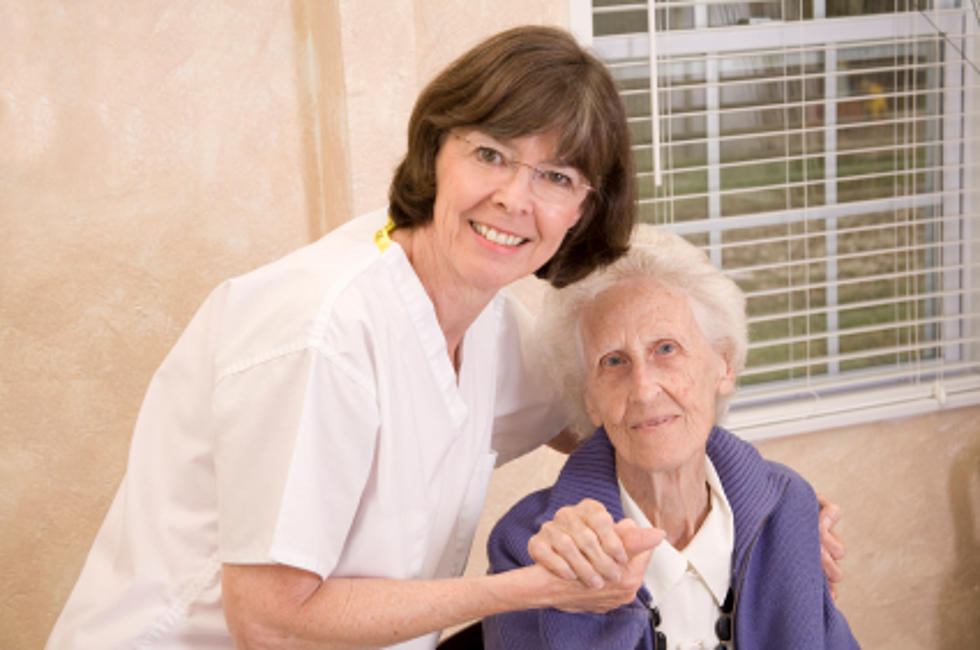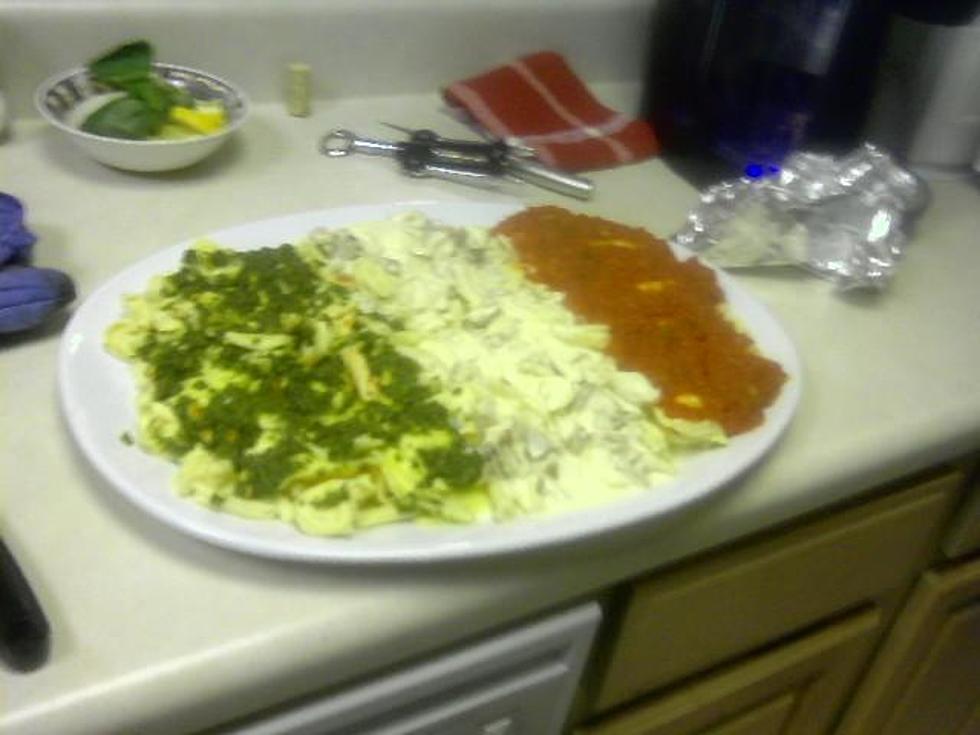
‘Who’s the mom and who’s the daughter now?’ Parents with dementia
When an elderly parent can no longer manage on their own, sometimes the answer is live-in help, assisted living or a nursing home. But what happens when none of those are an option?
Shortly after her father died last year, Patty Petronko opened her South Plainfield home to her 88-year-old mother, Charlotte, who has early stage dementia.
“I was working a full-time job, so I left that position and she came to my house to live with me and my 24-year-old daughter, Kimberly," she said. "It was a big transition.”
Petronko said her daughter’s bedroom was moved “so things would be easier for grandma. We brought some furniture from her house in Pennsylvania so she would feel more at home.”
The adjustment has been rough and filled with challenges.
“Who’s the mom and who’s the daughter now? That’s the hardest thing because it’s my house but she’s still my mom.”
Petronko said the only break she gets is when her mother goes to adult daycare twice a week.
“Sometimes you just want to be alone in your house and that is my hardest struggle.”
When her mother is not at adult daycare, which is only twice a week, she spends most of her time in front of the television.
“It’s just like six hours of "Golden Girls" and "Family Feud," and it’s just I just want to be in my house by myself — it’s not my house anymore," Petronko said.
Petronko said the arrangement is often made more difficult by her mom’s failing memory.
“She gets upset with me [...] when I have to say, 'Mom, we don’t wash the dishes in the bathroom sink.' Or, 'Mom, you need to take a shower.' She swept the rug yesterday, the living room carpet. It’s exhausting.”
Another little problem: Her mother often messes up the TV remote control.
“I found a remote control online that’s an Alzheimer’s remote: Five buttons. And somehow she manages to find the real one."
"Sometimes it’s a winter sweater on a summer day. It’s a cruel disease.”
Mary Catherine Lundquist, the program director of the Rutgers University Behavioral Health Care COPSA Institute for Alzheimer’s Disease and Related Disorders, said it can be difficult to have an elderly parent who is struggling with any level of dementia move into your home.
“But with education it can help caregivers understand that mom or dad isn’t doing this on purpose but it’s really due to changes that are happening in the brain," she said.
“It’s a mourning period for caregivers when they realize this is not the mother that raised me and it’s another person who is here and now I’m the one who has to step up and the roles are reversed.”
Much of the time, Petronko said she feels bad for her mother, frustrated about what her life has become and guilty about getting upset when there’s a problem.
“Nothing brings her joy. I love gardening; she’s not interested in gardening. She doesn’t like baking. She’s just kind of monotoned. I just want her to be happy.”
She said finding a support group for the caregiver child is important.
“Just to be able to talk to people who are experiencing it and to just get ideas about how to cope.”
Petronko’s advice to others who may face a similar situation with their aging parents?
“The caregiver needs a respite, time alone. It’s just human nature. You need a break.”
You can get information about support groups throughout the state by calling the Care 2 Caregivers hotline, at 1-800-424-2494.
You can contact reporter David Matthau at David.Matthau@townsquaremedia.com
More From New Jersey 101.5 FM









